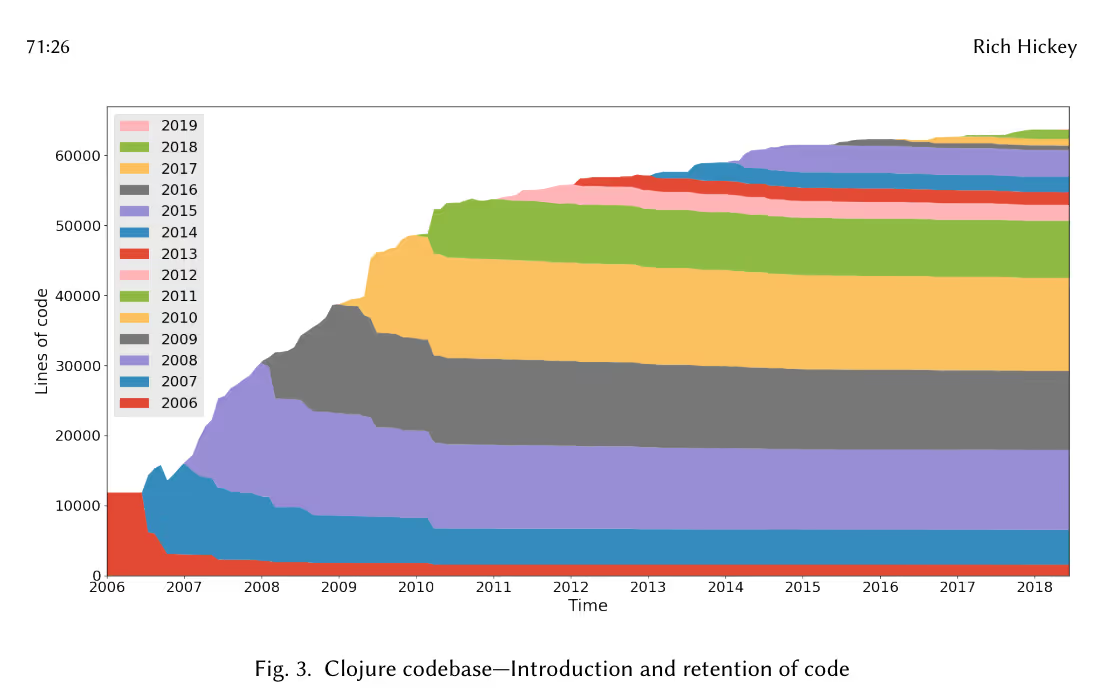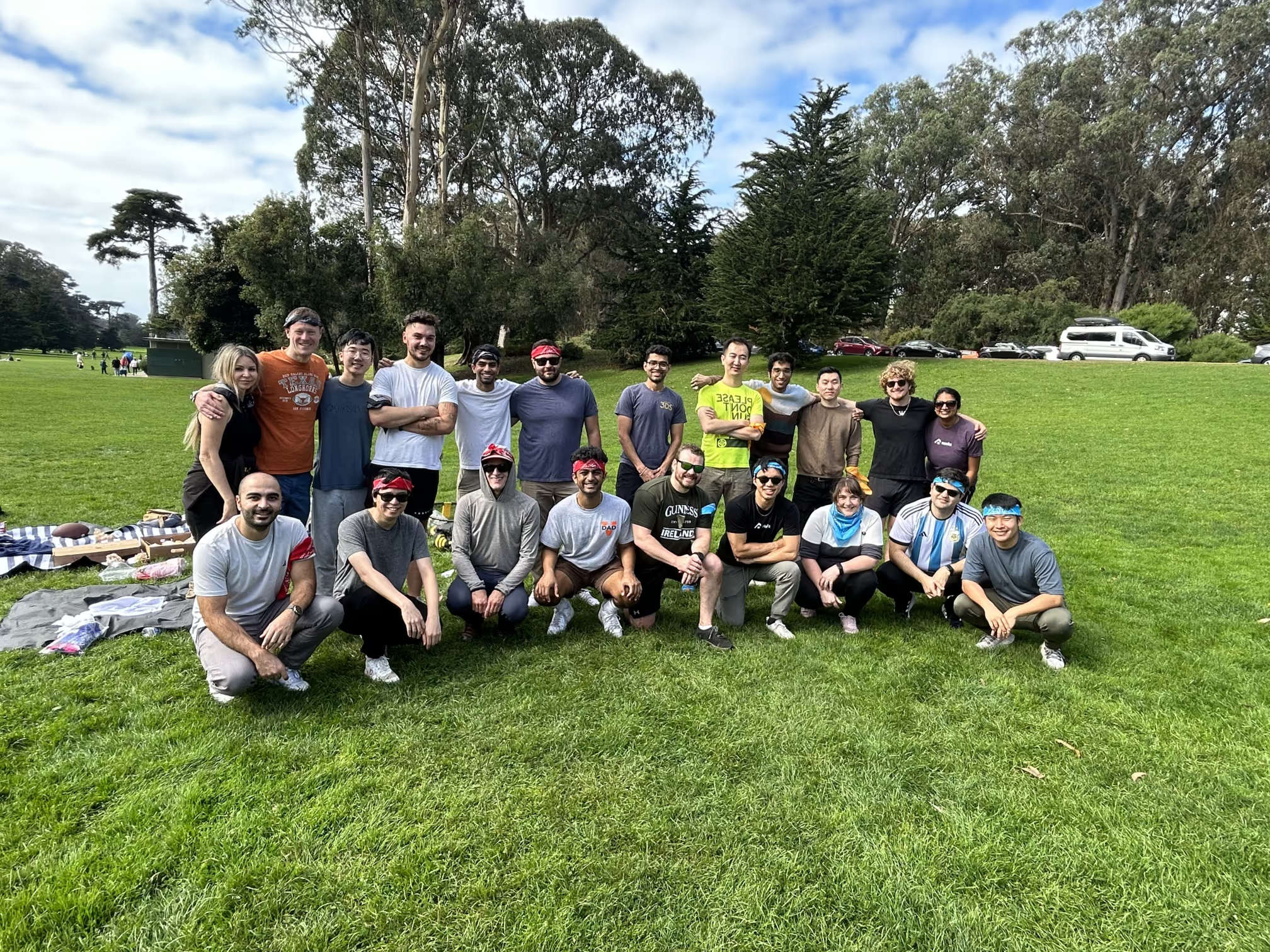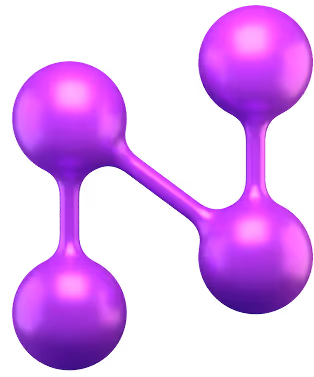Why I Still Believe in Startups - Especially This One

90% of startups fail, so joining one often feels like an irrational decision. You’ll hear the same warnings: there’s no name recognition, the work can be less glamorous, there’s less work-life balance, and the compensation often pales in comparison to what you'd get at a large tech company.
And, most of the time, the naysayers are right. Over the course of my career, I’ve been part of several startups, and many of those warnings have proven true. Everyone dreams of being the next IPO or unicorn, but I’ve only ever walked away with worthless RSUs and stock options.
Despite my past, I’m writing this post because I truly believe we’re working on something amazing at Nooks, and I think the team and product we've built here are unicorn-worthy.
From day one at Nooks to battling thyroid cancer over the past two years, nothing has changed my belief in that vision. In fact, the differences between my previous jobs and Nooks became very clear from week one.
Earning Real Customer Love
Too often as engineers, it can feel like you’re building features just to check off enterprise sales checkboxes or throwing MVPs at the wall, hoping something sticks. Neither is particularly fulfilling, and neither truly progresses your skills or career as a developer. I think one of the core reasons for that is that customer love is often missing from a company’s core values. That’s different at Nooks—we don’t just focus on our customers; we’re obsessed with them to the point that we’re building a genuine community of passionate advocates (or a cult of advocates).
During my first week at Nooks, while waiting for my car, someone noticed my Nooks-branded backpack. He introduced himself as a sales director at Pave and immediately started raving about how Nooks had doubled his team’s output. He emphasized that Nooks was one product he’d buy no matter where he worked. There was no script—just genuine enthusiasm for a product that solved real problems.
Over the past two years, I’ve had the opportunity to talk to customers and build out numerous features and integrations that received enthusiastic feedback and became true game-changers for our customers. I’ve also watched those features grow and scale as our user base expanded. Not only have I learned how to build products quickly and efficiently, but I’ve also had the pleasure of scaling and refining those once-hacky features into long-lasting, critical products at Nooks.
What we work on at Nooks
In the sales space, some of the biggest names come to mind: Salesforce, LinkedIn, DocuSign. These companies have built massive systems over time, establishing the foundation for modern sales processes. But with growth comes technical debt, and many of these systems now carry limitations that can slow progress. At Nooks, we’re building the future of sales, but to do that, we need to bridge the gap between cutting-edge AI features and these older, more archaic systems. You can’t truly innovate in sales without integrating the past.
The challenges are significant: API rate limits as low as 4 requests per second, scraping through hundreds of undocumented GraphQL endpoints, and sifting through millions of sales activities to find the data that really matters. These foundational tasks are necessary before we can even think about building the new features our customers love.
But that’s part of what makes Nooks such an incredible place to work. You get to contribute to exciting new products, while also ensuring that the backend infrastructure keeps pace and scales efficiently. Every day is a chance to build the glue that connects old systems with new innovations, and to handle millions of pieces of sales data without breaking a sweat.
Streamlining Complexity
One project that stands out as a great example of this balance is our core call logging pipeline. Every dial made through Nooks goes through a complex process: formatting, syncing with external integrations, writing to internal databases, applying labels, generating AI summaries, and more. All of this needs to happen while abiding by strict API rate limits and handling occasional errors from integrations with less-than-99% uptime.
Prior to building this system, we received frequent bug reports of failed calls. But today, even as call volume has scaled from a few thousand calls per day to over half a million, we now get nearly zero failure reports. What makes me particularly proud is that I had full control over the design and implementation of this system—from selecting the architecture to choosing technologies like Temporal. This has not only solved a critical problem but also laid the foundation for scaling future systems.
This call logging pipeline has become a cornerstone for much of Nooks’ asynchronous data and ETL work. I like to refer to projects like this as "foundational building blocks"—systems that grow with the company, scale over time, and set standards for future engineers to build upon.
This idea of building scalable, sustainable systems is critical for long-term success, and it’s a principle that applies not just at Nooks, but in the broader world of software engineering. For example, the Clojure codebase has seen a similar evolution: much of the early code was phased out by 2018, and maintaining code introduced after 2015 became more challenging. The sweet spot for sustainable code, however, was in the early stages, before things got too complicated. This is the type of foundation we strive for at Nooks—building systems that last for the long haul.

Getting to Work with Awesome Teammates
Beyond earning customer love and working on really challenging projects, one of the biggest draws for me at Nooks has been the culture and the incredible engineers I get to work with every day. These are the teammates I’ve leaned on during major incidents and the same ones I’ve had plenty of passionate engineering talks with.
I could probably write a blurb about every engineer who’s ever worked at Nooks and what type of impact they’ve had on me. But what I’m really trying to say is that working with great engineers makes you want to be a great engineer. Everyone contributes in a way that makes Nooks not only a highly productive place to work but also a genuinely fun and energizing place to be.
Whether it's spontaneous boba runs at our SF office or staying up late during hackathons, the vibe here is something special. But there’s one tradition that stands out to me more than anything I’ve seen at any other company: everyone—regardless of role or title— has to use Nooks and made cold calls at least once every onsite.
During every onsite, we set aside a part of our day to go through the full sales process. We build prospect lists, use Nooks to dial through them, and actually cold call real potential customers. It sounds intimidating (and it definitely is at first), but after a couple of dials, you realize two things:
- Cold Calling without Nooks would suck
- Everyone is in it together—engineers, PMs, designers, founders.
There’s something exciting about making a cold call using features you personally built, then looking around and seeing your coworkers—some squirming, some thriving—doing the exact same thing. Shout out to our engineer Etienne, who even booked multiple meetings during one of these sessions!
It’s small traditions like this that really keeps everyone closer to our customers and honestly it’s one of those things that just makes Nooks a really special place to work at.

If you read through this blog post and any part of it piqued your interest, come join us, I promise it’s an amazing place to work at!







